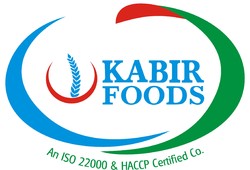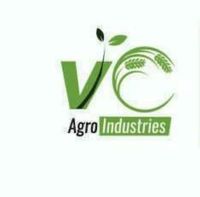AGRICULTURE INDUSTRY
Boilers play several roles in the agricultural industry, contributing to various processes and operations. Here are some common uses:
CROP DRYING
Boilers are utilised in crop drying operations, particularly for crops such as grains, fruits, and vegetables. By providing hot air or steam, boilers help reduce the moisture content of harvested crops, facilitating storage and preventing spoilage.
GREENHOUSE HEATING
In greenhouse operations, boilers are used for heating during colder months to maintain optimal temperatures for plant growth. They provide warmth to the greenhouse environment, promoting plant growth and extending the growing season.
PROCESSING OPERATIONS
Boilers are integral to various processing operations in the agricultural sector. They are used in food processing facilities for tasks such as pasteurisation, sterilisation, cooking, and canning of agricultural products like fruits, vegetables, and dairy products.
LIVESTOCK FARMING
Boilers contribute to livestock farming operations by providing heat for barns, poultry houses, and other animal housing facilities. They help maintain comfortable temperatures for animals, promote growth, and prevent cold-related health issues.
BIOGAS PRODUCTION
In agricultural settings, boilers may be used in conjunction with biogas production systems. Organic waste materials such as animal manure, crop residues, and food waste can be converted into biogas through anaerobic digestion. Boilers are then used to generate steam or heat using the biogas for various on-farm applications.
CLEANING AND SANITATION
Boilers are essential for cleaning and sanitation purposes in agricultural processing facilities. They provide hot water or steam for washing and sterilising equipment, containers, and production areas, ensuring food safety and hygiene standards are met.
PESTICIDE AND FERTILISER PRODUCTION
In the agricultural chemicals industry, boilers are used for various processes involved in the production of pesticides, fertilisers, and other agricultural chemicals. They provide heat for chemical reactions, distillation, and other manufacturing processes.
ENERGY GENERATION
Some agricultural operations implement biomass boilers fueled by agricultural residues such as crop residues, straw, and wood chips. These boilers produce heat or electricity for on-farm use or for sale to the grid, contributing to renewable energy production and reducing reliance on fossil fuels.
WASTE MANAGEMENT
Boilers can be utilised in agricultural waste management systems for the thermal treatment of organic waste materials. Through processes such as combustion or gasification, boilers convert agricultural residues into heat energy, which can be used for various applications or converted into electricity.
Overall, boilers play a versatile role in the agricultural industry, supporting crop drying, greenhouse heating, processing operations, livestock farming, biogas production, cleaning, energy generation, and waste management. They contribute to the efficiency, productivity, and sustainability of agricultural practices and value-added processing activities.
Clients
Our Esteemed Clientele: It Has Been Our Privilege To Serve Them.


















